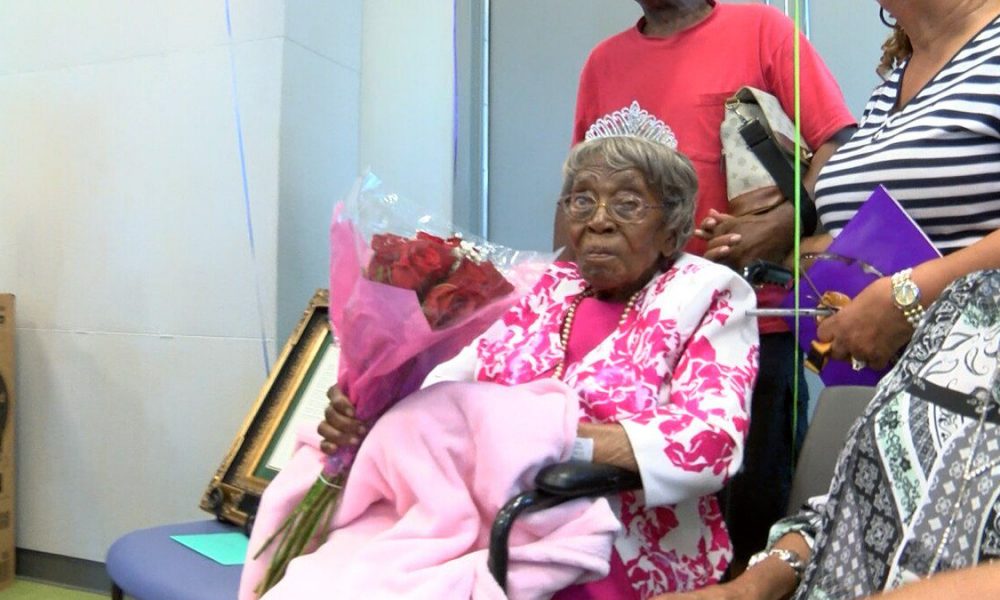New Seattle Seahawks running back Carlos Hyde believes that an NFL team signing Colin Kaepernick would show that the league is serious about doing its part to improve issues of racial inequality.
What We Know:
- Kaepernick and Hyde were teammates on the San Francisco 49ers in 2016, when the quarterback began protesting racial injustice and police brutality against black people by kneeling during the national anthem.
- “I think the NFL can start by signing Kap back,” Hyde said in his first comments to reporters since signing a one-year, $2.75 million deal with Seattle last month. “I think if they sign Kap back, that’ll show that they’re really trying to move in a different direction. Kap was making a statement four years ago about what’s going on in today’s world and the NFL didn’t bother to listen to him then, so I think they should start by doing that. After that, I’m not really sure what the NFL can do.”
- Hyde has made it clear he hasn’t taken part in on-field protests and doesn’t plan on doing so going forward, but is willing to stand with his team should they decide to kneel once more. He also has expressed much skepticism about how much change the NFL can effect.
- After previously coming under fire after his response to the nationwide protest against police brutality, Commissioner Roger Goodell said in a video statement last week that the NFL condemns “racism and the systematic oppression of black people” while also admitting that the league was “wrong for not listening to NFL players earlier” on such matters.
- Goodell’s words reiterated the stances that more than a dozen NFL players urged the league to take in a video of their own. “Things definitely need to change, so I agree 100% what they were saying,” Hyde said of the players’ video.
- Hyde and Kaepernick, 32, were teammates from 2014 to 2016. He said he supported Kaepernick’s “peaceful protest” in 2016, but at the time was more worried about football. The 49ers went 2-14 that season.
“I was all for it,” Hyde said. “I understand the message he was putting out. I understood because I came from Cincinnati, Ohio. Lincoln Heights in Cincinnati, it’s not the best area, and I would see that — police brutality, pretty much everybody in the neighborhood is struggling, you see violence, drugs, all that. There’s just no opportunity there.”



